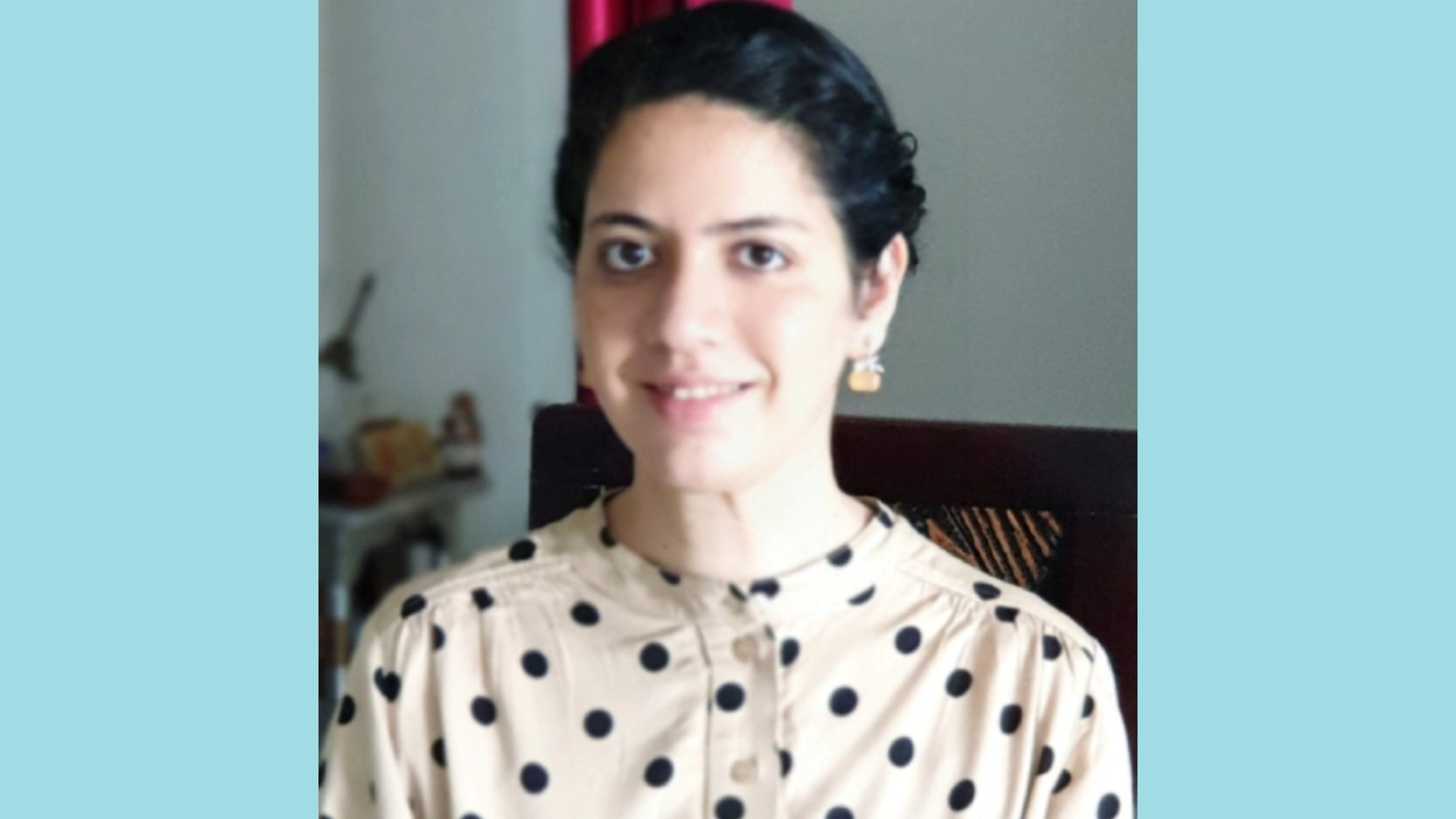Parul Pandey, a data science evangelist at H20.ai and 6th place winner in the WiDS Datathon 2020, says the design of the WiDS datathon encourages learning and collaboration between the women competitors. She says this type of collaboration is crucial to help more women get into and succeed in the field of data science.
Tell us about your background.
I grew up in the northern part of India and during my formative years I was fascinated by math because it gave me a lot of room to experiment and learn new things. I went on to study electrical engineering and upon graduation, was hired as an analyst at Tata Power Delhi, a power distribution company in the capital of India. I’m really passionate about developing communities for women and underrepresented groups so I founded the Hyderabad chapter of Women In Machine Learning and Data Science (WiMLDS) in October 2019.
How did you get interested in data science?
I’ve always been fascinated by data and numbers, but my real interest in data science happened during my first job. My department was responsible for the analysis and planning of the power distribution network in Indian cities. We used proprietary tools to analyse the power distribution network data. I wondered if the processes could be replicated using open source tools and what were the current best practices in data analysis and predictive analysis. At the time, I was too busy to answer these questions but when I got some time off during my maternity leave, I started looking for answers. I learned how to crunch numbers, analyse them to get insights and perform predictive analysis. This got me hooked on data science and machine learning.
What are you currently working on?
Currently I work as a Data Science Evangelist at H2O.ai. As an evangelist, my job is to interact with the community to spread the word about data science in general and H2O.ai’s products in particular. I help people understand the use of products like Driverless AI and H2O’s open-source offerings. As Guy Kawasaki put it: “Evangelism isn’t a job title; it’s a way of life.” My work requires a lot of self-awareness and willingness to stretch and grow in the role. I am also very active on Kaggle and recently attained the status of a Kaggle Grandmaster in the Notebooks category.
How did you first discover WiDS?
Since I also work with a women’s data science community, I had heard about WIDS and the great work they’ve been doing to inspire and support women. It’s a supportive environment for women to connect with others in their community who share their interests in data science.
I participated in the WiDS Datathon 2020 which was a predictive analytics challenge focused on social impact. It was a remarkable experience for me in both learning and collaborating. I teamed up with three of my colleagues at H2O.ai and we came 6th place in the competition.
I really liked the way this competition was organised. I noticed that a lot more women were active in the discussion forum and shared research papers and blogs and even helped the fellow contestants with notebooks, which I find lacking in the other competitions. The chances of finding women to team up with increases compared to other competitions. Even though I recommend that women participate in all sorts of competitions, women-focused events definitely make it easier to get more women involved. If you would like to participate in this year’s datathon, you can learn more here.
What comes next for you?
I am currently working on some interesting projects in the field of automated machine learning. We are also trying to get more women into public speaking so they can showcase their skills on a larger stage. We have been collaborating with government agencies to help women establish careers as entrepreneurs.
And what are your hopes for women in data science in the future?
I am really hopeful. Today a lot of support groups and platforms are emerging to help and support women in the field of machine learning and data science. Companies are acknowledging the value that women bring to data science teams. Having said that, it will still require a collaborative effort from society to make diversity and inclusion a reality. Women need to be more vocal, participate and encourage each other in our journeys.


